Mikhail Gorbachev, the last leader of the Soviet Union, has died aged 91, Russian state media reported on Tuesday, citing Moscow’s central clinical hospital.
Gorbachev died following a “serious and long-term illness”, the hospital said, according to the report. He will be buried at Novodevichy cemetery in Moscow, the final resting place for hundreds of Russian and Soviet dignitaries, alongside his wife Raisa, who died in 1999.
A former rural communist apparatchik, Gorbachev helped end the cold war and began democratising the USSR in the 1980s during the era of perestroika, or restructuring. His reforms won him international praise for halting decades of Soviet authoritarian rule but also resulted in his becoming widely reviled domestically for presiding over the bloc’s acrimonious collapse in 1991.
Gorbachev won the Nobel Peace Prize in 1990 for his critical role in ending the cold war. Under his watch, former Soviet satellites in central and eastern Europe were allowed to peaceably exert their independence, and Germanies east and west were allowed to reunite — inside the Nato alliance.
“He played a crucial role to end the cold war and bring down the Iron Curtain,” said Ursula von der Leyen, the European Commission president. “It opened the way for a free Europe. This legacy is one we will not forget.”
Gorbachev’s ability to woo erstwhile foes was epitomised by his warm relationship with his opposite number in the White House, Ronald Reagan, and Margaret Thatcher, the former UK prime minister.
But his reputation as a global statesman was at odds with the view of him in Russia. At home he was blamed for dismantling the once-mighty Soviet empire and heralding the start of years of hardship for many, and immense wealth for a few, in the corrupt and chaotic shift to a market economy under Boris Yeltsin, the first president of Russia.
Among those most critical of Gorbachev’s legacy has been the Kremlin’s current occupant, Vladimir Putin, who famously termed the Soviet Union’s collapse “the greatest geopolitical catastrophe of the century”.
Kremlin spokesman Dmitry Peskov told Interfax that Putin expressed “his deepest condolences” over Gorbachev’s death. Peskov said the Russian president would send the late Soviet premier’s relatives a telegram on Wednesday morning.
“I always admired the courage and integrity he showed in bringing the cold war to a peaceful conclusion,” said Boris Johnson, the British prime minister. “In a time of Putin’s aggression in Ukraine, his tireless commitment to opening up Soviet society remains an example to us all.”
After the death of Konstantin Chernenko in 1985, Gorbachev was elected general secretary of the Communist Party of the Soviet Union. He inherited economic sclerosis and escalating cold war tensions, including a nuclear arms race with the US that further strained an already weak Soviet economy.
He set about introducing a series of dramatic reforms under the banners of glasnost and perestroika — openness and restructuring — although he always intended only to reform the communist system, not dismantle it.
In 1989, he organised elections that allowed non-communist party members to stand for the first time. He also revoked the communist party’s special status in the constitution that ensured that the Soviet Union remained a one-party state. He also played a role in preventing a military response to the protests in east Germany that led to fall of the Berlin Wall.
“He was a man who tried to deliver a better life for his people,” said Condoleezza Rice, the former US secretary of state and Soviet scholar. “His life was consequential because, without him and his courage, it would not have been possible to end the cold war peacefully.”
On March 15, 1990, Gorbachev was elected as the first and last president of the Soviet Union. In August 1991, he was seized in a coup by communist party conservatives while on holiday in the Crimea, which ultimately failed after Yeltsin resisted the plotters in Moscow.
But that proved the beginning of the political end. The Soviet economy began to collapse and Yeltsin took advantage of his role in resisting the coup to make an agreement with the presidents of Belarus and Ukraine that led to the end of the Soviet Union. Gorbachev stood down as Soviet president at the end of the year.
“Mikhail Gorbachev tried to do the impossible: reform the USSR,” said Daniel Fried, who oversaw Russia policy at the US state department during the Obama administration. “Though he failed, he tried to bring his country to a better place.”


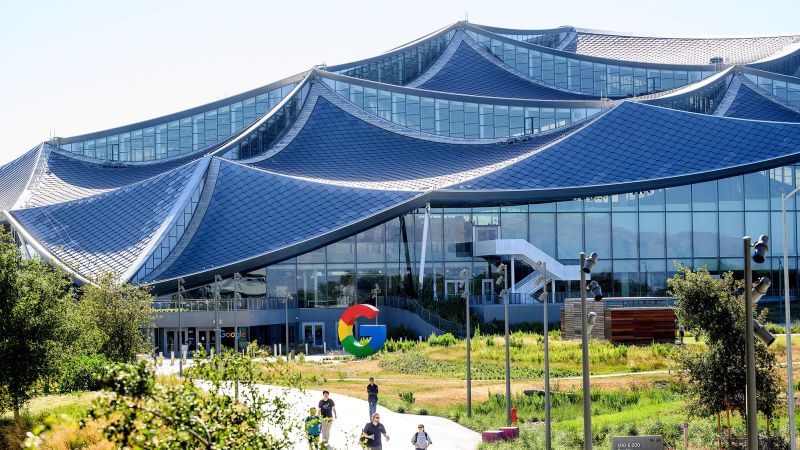

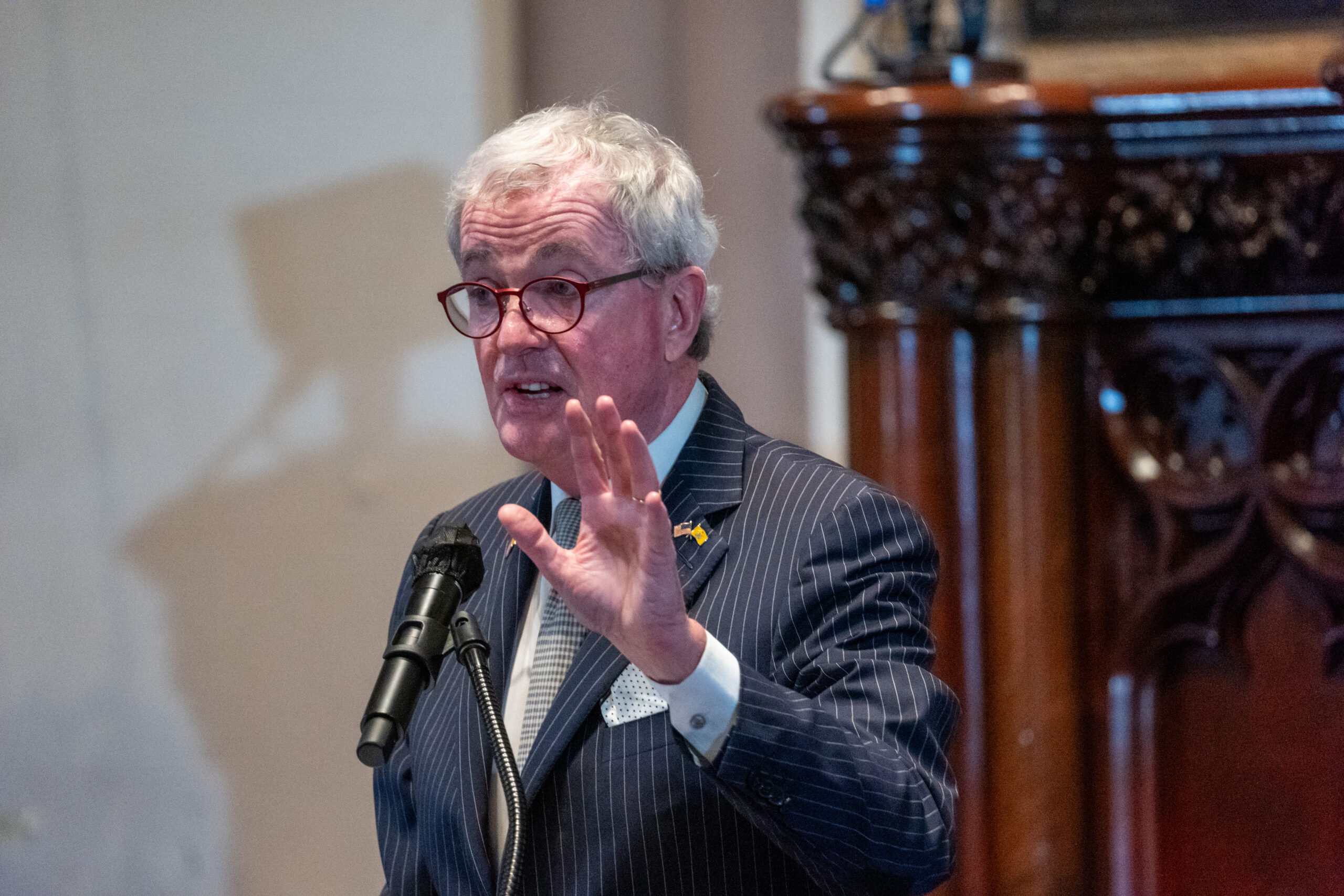


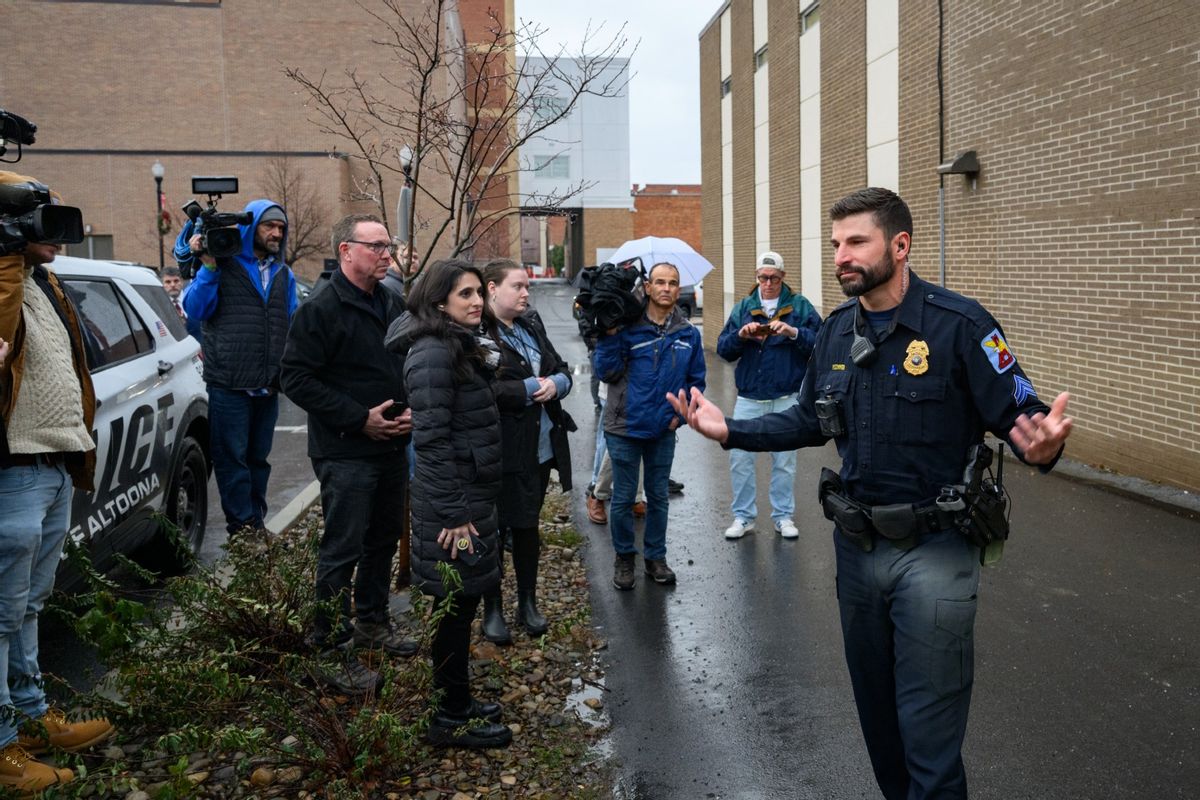




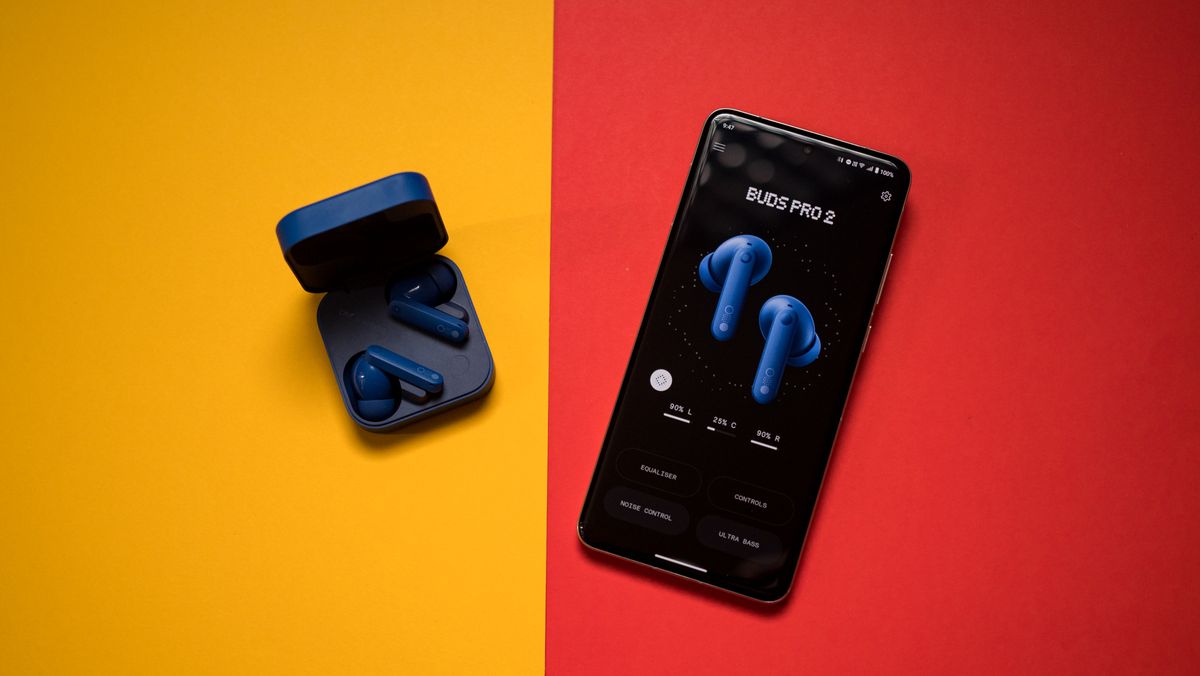


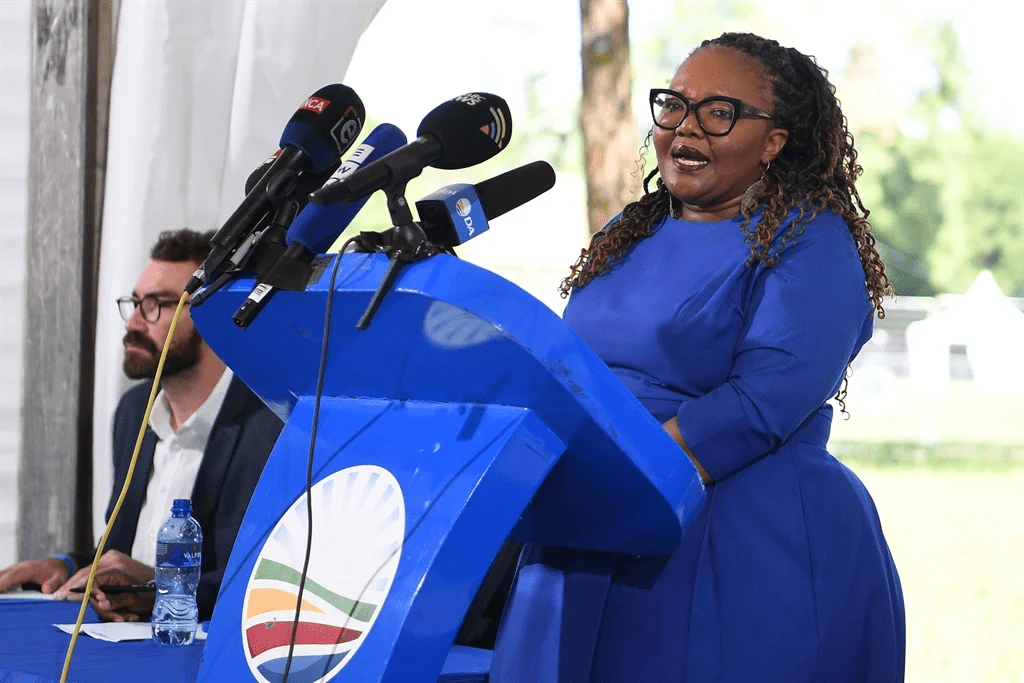




Discussion about this post